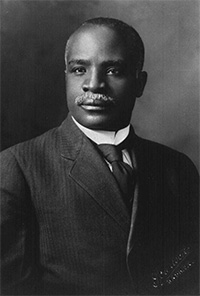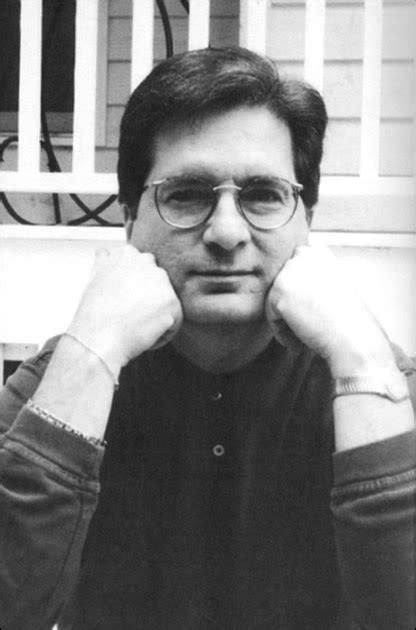A Quote by Susan Sontag
The writer must be four people: 1) The nut, the obsede 2) The moron 3) The stylist 4) The critic. 1 supplies the material; 2 lets it come out; 3 is taste; 4 is intelligence.
Related Quotes
Love your material. Nothing frightens the inner critic more than the writer who loves her work. The writer who is enamored of her material forgets all about censoring herself. She doesn't stop to wonder if her book is any good, or who will publish it, or what people will think. She writes in a trance, losing track of time, hearing only her characters in her head.
It is necessary a writing critic should understand how to write. And though every writer is not bound to show himself in the capacity of critic, every writing critic is bound to show himself capable of being a writer; for if he be apparently impotent in this latter kind, he is to be denied all title or character in the other.
Perhaps the critics are right: this generation may not produce literature equal to that of any past generation-who cares? The writer will be dead before anyone can judge him-but he must go on writing, reflecting disorder, defeat, despair, should that be all he sees at the moment, but ever searching for the elusive love, joy, and hope-qualities which, as in the act of life itself, are best when they have to be struggled for, and are not commonly come by with much ease, either by a critic's formula or by a critic's yearning.
You find very few critics who approach their job with a combination of information and enthusiasm and humility that makes for a good critic. But there is nothing wrong with critics as long as people don't pay any attention to them. I mean, nobody wants to put them out of a job and a good critic is not necessarily a dead critic. It's just that people take what a critic says as a fact rather than an opinion, and you have to know whether the opinion of the critic is informed or uninformed, intelligent of stupid -- but most people don't take the trouble.
The basic premise of taste, as Stephen Bayley, the cultural critic, said, is that taste is that which does not alienate your peers. Most people want to fit in with their tribe in some way or another, so they give off signals, whether it's with their clothes, their behavior, their car, their whatever, and gain status. Every tribe has a hierarchy, and that's what taste is: it's an unconscious display of who you are, and where you want to be.


































